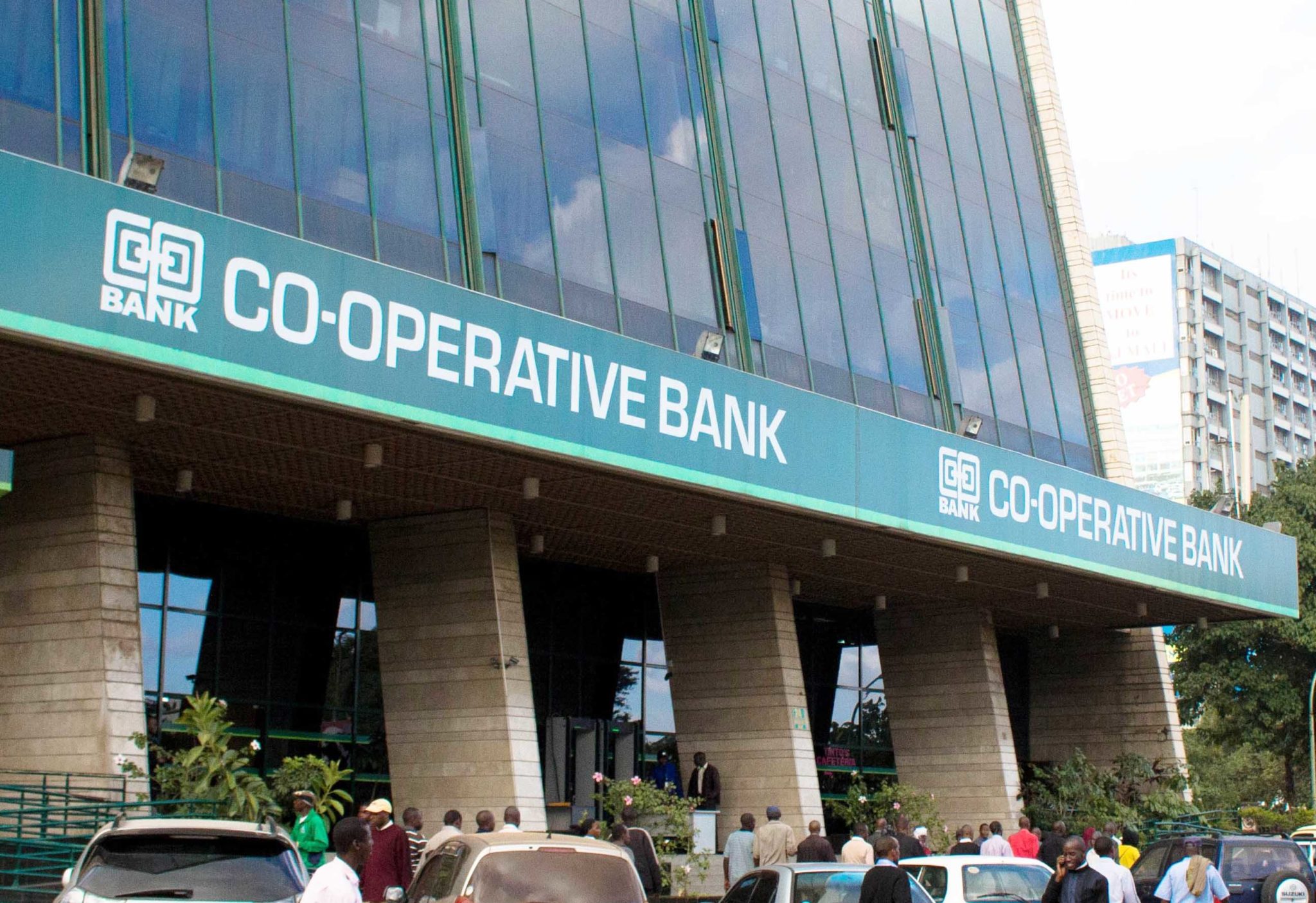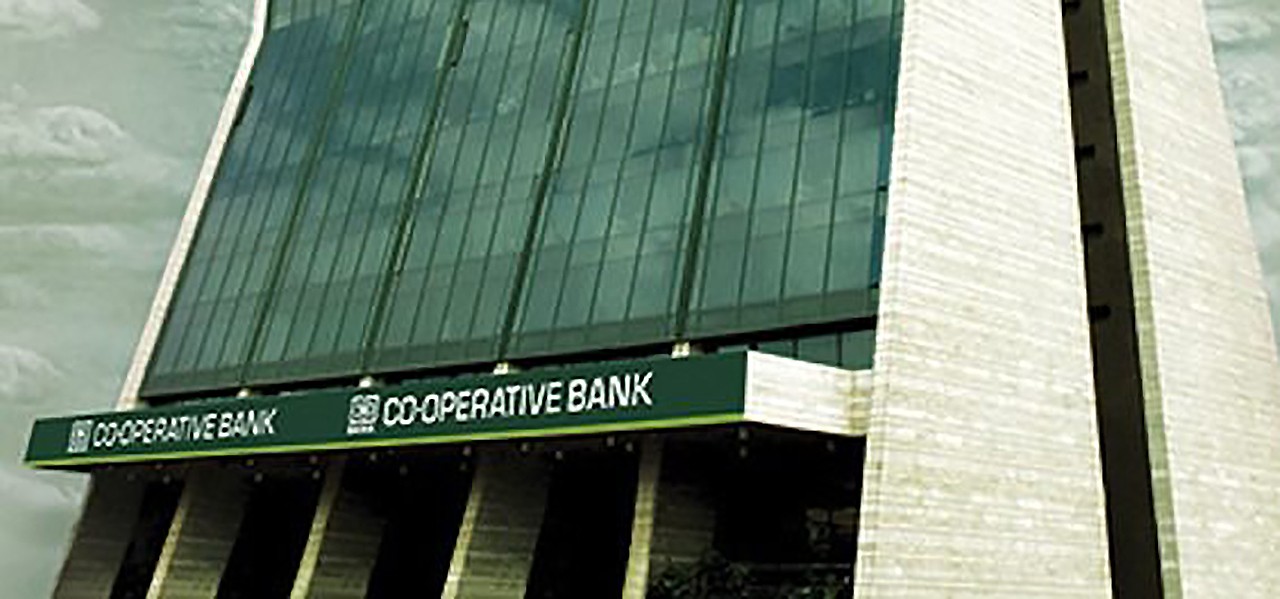Co-operative Bank and Mastercard have partnered to roll out a platform that helps farmers solve the twin challenges of access to inputs at the onset of a planting season and getting produce to the market following harvest.
Co-op Bank Soko is also expected to help farmers access credit using a farmer’s transaction history to build a credit profile.
The online platform connects the various agriculture value chains onto which small-holder farmers can directly place their produce for sale. They can also purchase farm inputs and access Co-op Bank’s financial services.
Already 760,490 farmers, 582 co-operative societies, eight input suppliers and three major produce buyers have been enrolled on the Co-op Bank Soko platform.
“Perhaps the single biggest frustration to small-holder agriculture in Kenya is that farmers start the production process with none of the key market signals in place – no assured market nor a price estimate, no demand projection for their produce nor inputs quality or cost in mind,” said Esther Kariuki, the Head of Agriculture Business at Co-op Bank. 
“Co-op Bank Soko seeks to link the farmers directly to buyers and input providers alike, thereby making market signals more visible thereby enabling participants to do reliable estimates of risks versus returns of their investment. By the single act of sponsoring Co-op Bank Soko, Mastercard has fostered a bold new world of opportunity for Kenyan farmers.”
The platform is being rolled out using Mastercard’s Community Pass digital infrastructure, an interoperable platform that connects individuals and businesses to essential services regardless of connectivity as a challenge.
Daniel Huba, the lead for MasterCard’s Community Pass Business in sub-Saharan Africa said the product would further deepen financial inclusion. 
He said when farmers increase their digital footprint, they become visible to financial services firms, which are, to a certain extent, able to determine a farmer’s expected yield using such information as previous harvests and the inputs they have bought for a season.
Such data, Huba noted, is scant, with 60 per cent of all transactions undertaken by individuals being offline.
“Transactions, in this case, go beyond payments and are basically services that individuals are participating in. This includes farmers bringing their produce to a collection centre or a mother taking a child to a clinic. A lot of these transactions are offline today,” he said.
“We believe that for financial inclusion to take place, the foundation of that financial







More Stories
Political Interference Threatens Kenya’s Tea Sector, Farmer Earnings at Risk
USAID Commits USD $9.95 Million to Strengthen African Seed Systems through CESSA
Kenya-Japan Cooperation Explored in Security and Technology Sectors